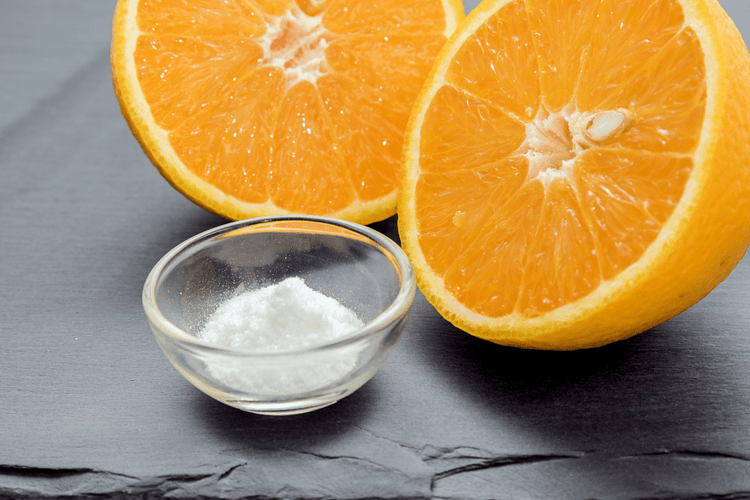
Ascorbic Acid (Vitamin C) for Dogs and Cats
Ascorbic acid, also called Vitamin C, is a naturally occurring substance that is important in the formation of collagen in dogs and cats. Ascorbic acid is manufactured by most animals, except for some birds, fish, guinea pigs, fruit bats, and primates (and humans).
In dogs and cats, ascorbic acid is manufactured in the liver and normally does not need to be supplemented. Claims that nutritional deficiency of ascorbic acid causes scurvy in dogs and cats are probably inaccurate.
The only situation in which ascorbic acid deficiency might occur in dogs and cats is in the case of liver disease, which might disrupt its production.
Ascorbic acid may have some application in treating certain toxicity syndromes and, perhaps, in treating feline immunodeficiency virus infection.
Ascorbic acid is available over-the-counter but should not be administered except under the supervision and guidance of a veterinarian.
Uses of Ascorbic Acid for Dogs and Cats
Ascorbic acid has been used to prevent the formation of struvite uroliths, treat complications related to acetaminophen toxicity, treat feline immunodeficiency virus infection, and help treat Ehlers-Danlos syndrome.
Ascorbic Acid for Dogs and Cats: Precautions and Side Effects
While generally safe and effective when prescribed by a veterinarian, ascorbic acid may cause untoward effects in some animals. Ascorbic acid should not be used in animals with known hypersensitivity or allergy to the drug.
Ascorbic acid is soluble in water, which means the body can quickly break it down and eliminate it in the urine. Because of this, toxicity does not normally occur. Excessive doses of ascorbic acid can lead to the formation of calculi in the kidneys and, in rare circumstances, anemia. Large doses can also act as an intestinal irritant, which may cause diarrhea.
Ascorbic acid may interact with other medications. Consult your veterinarian to determine if other drugs your pet is receiving could interact with ascorbic acid. Such drugs include aspirin and other acidic medications; acetaminophen; loop diuretics; beta-blockers; cyclosporine; and tetracycline.
How is Ascorbic Acid Supplied?
Ascorbic acid is supplied in various forms, these include:
- Tablets (250 milligram, 500 milligram, 100 milligram, 1500 milligram)
- Capsules (500 milligram)
- Crystals (1000 milligram per quarter teaspoon)
- Powder (60 milligram and 1060 milligram per quarter teaspoon)
- Solution (100 milligram/milliliter)
- Liquid (500 milligram/milliliter)
- Injection (500 milligram/milliliter)
Ascorbic Acid Dosage for Dogs and Cats
Because dogs and cats manufacture their own ascorbic acid, none is required to maintain normal bodily functions.
For acetaminophen toxicosis, the dosage is 15 milligrams per pound (30 milligram/kilogram) injected under the skin or 10 milligrams per pound (20 milligram/kilogram) given intravenously every 6 hours for seven treatments. To treat Ehlers-Danlos syndrome, dogs are given 250 milligrams per dog, orally, twice a day.
The duration of administration depends on the condition being treated, response to the medication, and the development of any adverse effects. Be certain to complete the prescription unless specifically directed otherwise by your veterinarian. Medication should never be administered without first consulting your veterinarian.